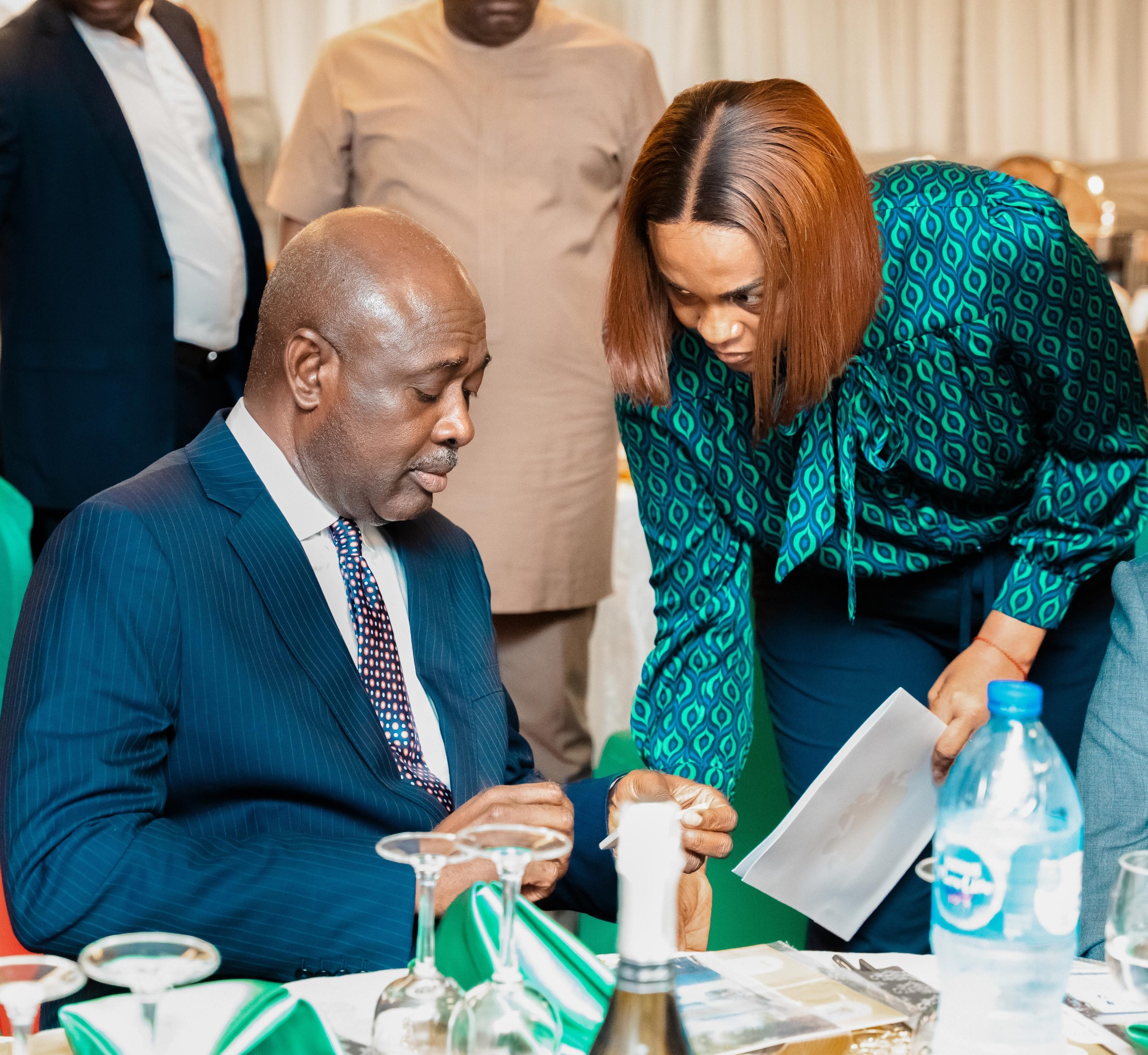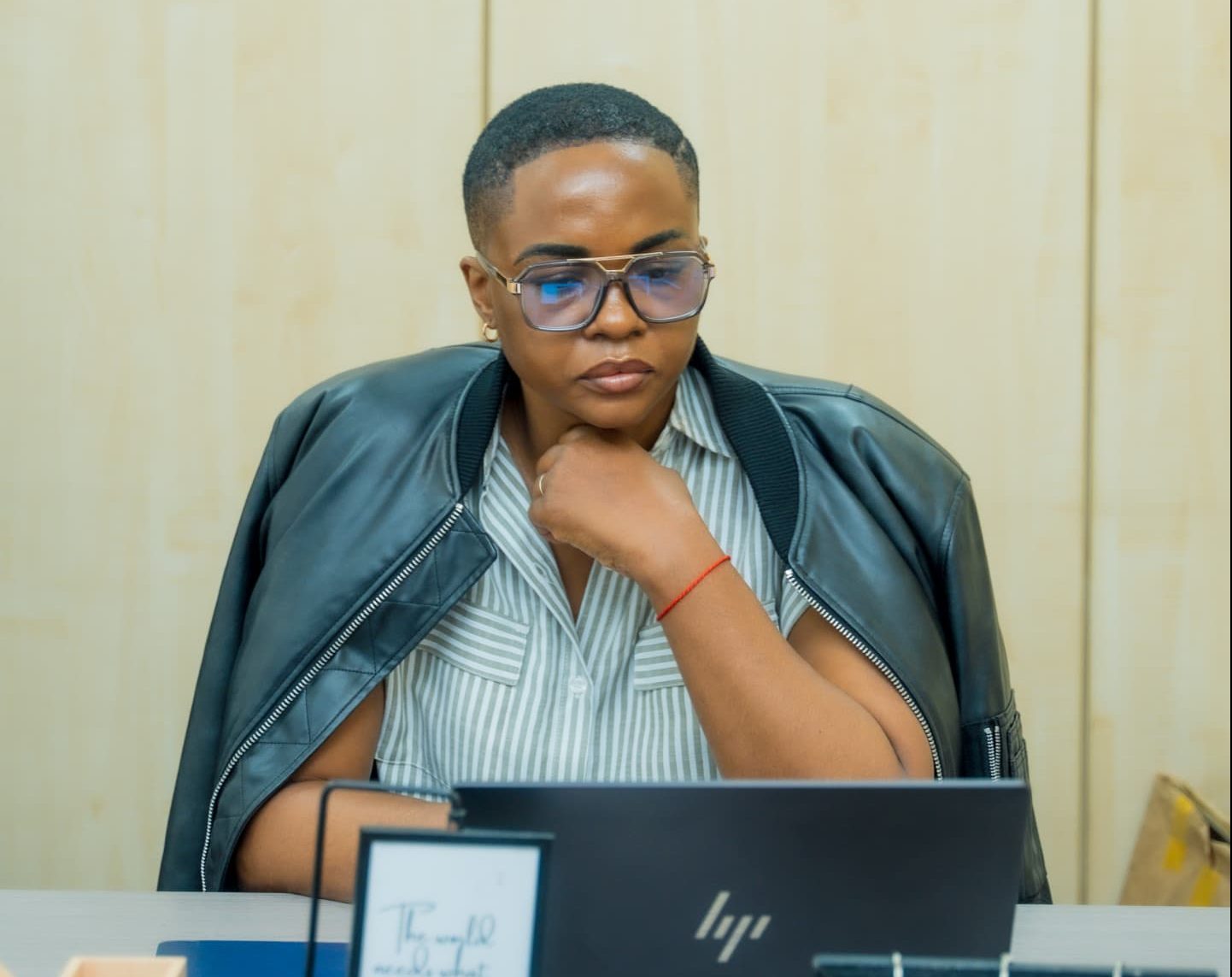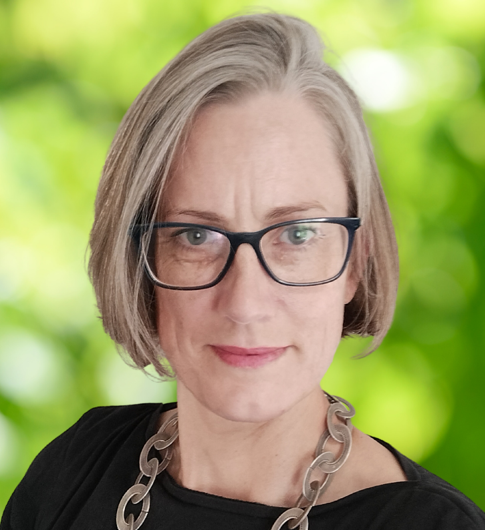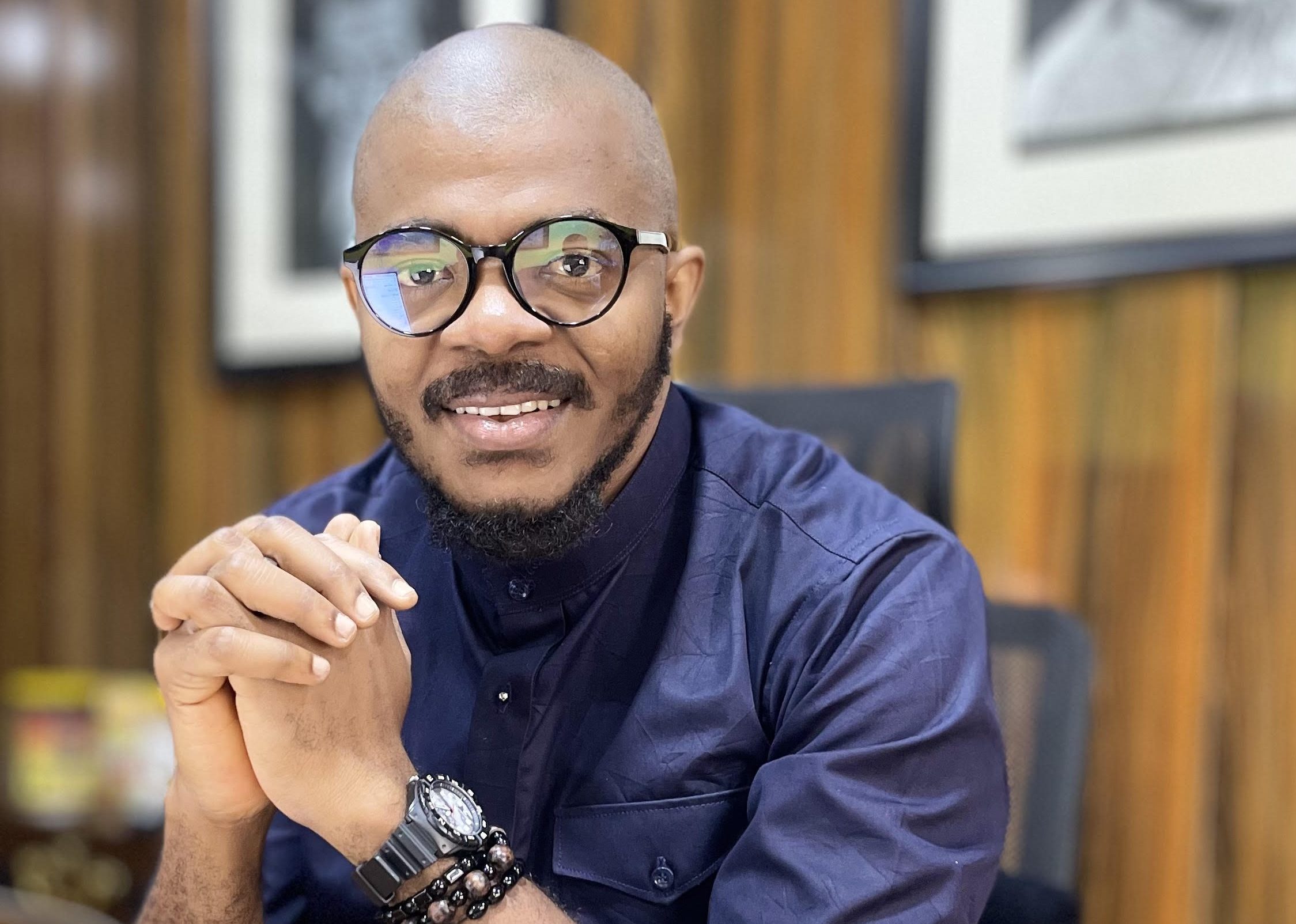Nneamaka Okafor started her career as a Journalist with a passion for development and policy. After 13 years in Journalism, she transitioned to Public Relations and Communications. Nneamaka is now the Special Adviser, Media and Communications at the Ministry of Petroleum Resources, Nigeria. Her interview with us paints a picture of how intentional steps can spur career growth and what Comms professionals need to thrive in Government.
What do you do in your role as the Special Adviser, Media and Communications, Ministry of Petroleum Resources, Nigeria?
As the Special Adviser Media and Communications to the Minister of Petroleum Resources, I oversee the strategic communication efforts for the Minister. This includes managing Public Relations, crafting clear and transparent messaging, and shaping the Minister’s public image through various media channels.
My role involves coordinating press releases, media events, and Communication strategies both locally and internationally to align with the Minister’s goals. I am also responsible for managing crises, addressing potential Communication issues proactively, and safeguarding the Minister’s reputation.
Additionally, I act as a liaison between the Minister and key stakeholders in the oil and gas industry.
How did you begin your career in Communications?
My career in Communications began by chance when I was posted to Channels Television during my national service. I was retained as a Journalist, which exposed me to people from various walks of life.
I became particularly intrigued by politically exposed persons—people with significant power but often unskilled in managing how they and their work were perceived. I was drawn to the impact Communication could have on development and policy, which led me to pursue a career as a reporter for 13 years before transitioning to Public Relations and Communications.
I later became a consultant to politically exposed persons, where I applied my passion for strategic thinking and Communications. After obtaining a master’s degree in Strategic and Development Communication, I began focusing on media projects that aligned with national development.

In January 2020, I was appointed Special Adviser, New and Electronic Media, to the Executive Governor of Imo State, Senator Hope Uzodimma. In this role, I reshaped the public perception of him and grew his digital presence to nearly half a million followers with consistent engagement. In September 2023, I was invited by Senator Heineken Lokpobiri, the Minister of Petroleum Resources, to continue my work in Media and Communications.
Tell us about some of the highlights that have made your career memorable.
Every day on the job is memorable for me because I get to contribute to shaping people-centric policies and development initiatives. My work helps bridge Communications gaps that often lead to avoidable crises.
While I tell the impact stories of Government actions, I ensure the public sees themselves in that narrative. Every press release, speech, or announcement is crafted with the Nigerian public in mind. I firmly believe that it’s not enough to tell the stories of leaders; it’s crucial to show how their decisions and policies directly impact the people.
One of the highlights of my career has been reshaping the narrative that Government cannot be honest with its citizens. Another is seeing my advisory to my principals utilised and witnessing the positive impact it has on the broader society. In short, every day I show up for my boss and my work is a memorable experience in itself.
What common misconceptions do you face as a Communications practitioner, and how do you deal with them?
A common misconception is that Communications work is just about issuing press releases, responding to media inquiries, or coordinating with journalists.
However, the role goes beyond that—it involves strategy, Crisis Management, and Internal Communications. Another misconception is that Communications is reactive when in reality, proactive Strategic Communications is critical to shaping narratives before they escalate into crises.
I address these misconceptions by consistently educating not just my principal, but also my colleagues, about the broader role Communication plays in organisational success.
I demonstrate the impact of strategic media planning. My favorite phrase is that Communication isn’t just a “nice-to-have” element in any office; it’s an absolute “need-to-have,” ranking among the top priorities.

In your experience, how can Communications professionals position themselves to thrive in Government?
To thrive in Government, Communications professionals must deeply understand policy, governance, and public administration. Building strong relationships with key stakeholders—policymakers, media personnel, and the public—is crucial. You also have to be adaptable and proactive, as Government Communication often involves rapidly evolving situations.
Being a trustworthy source of information is vital because credibility and transparency are invaluable in a Government setting. You must always be someone your principal can trust, as you often take on many roles depending on the occasion.
What advice would you give to your younger professional self?
I would tell my younger self to embrace every learning opportunity and never shy away from challenges. The Communications landscape is constantly evolving, so it’s essential to remain adaptable and open to growth.
Building a strong network and maintaining professional relationships is key, but it’s equally important to stay grounded in your principles. Remember, integrity should never be compromised, even in the face of pressure.






One Response
Interesting, thanks for sharing